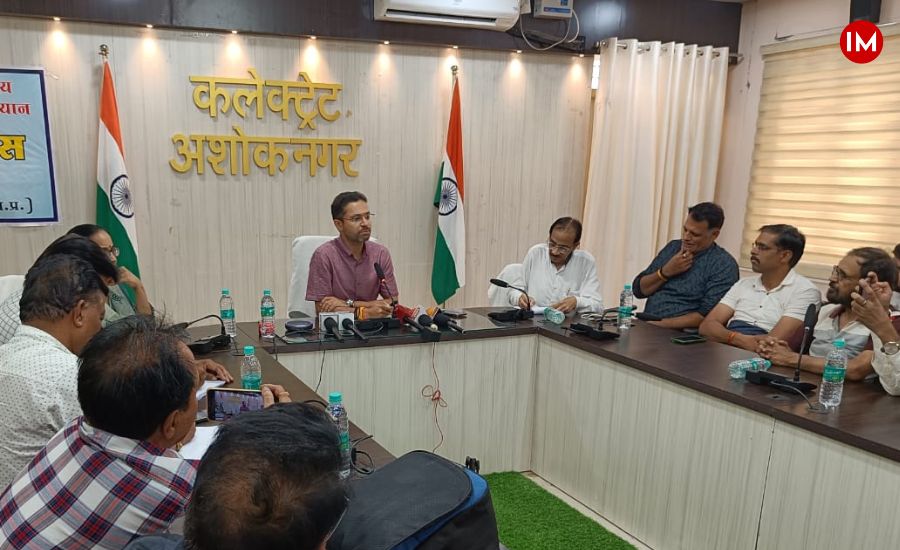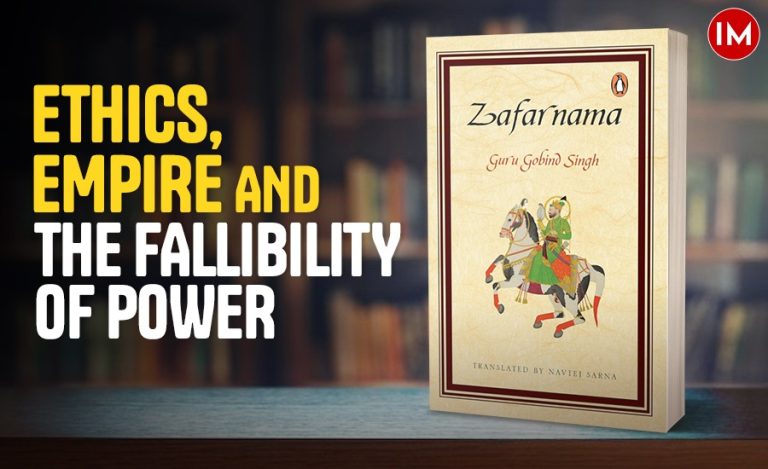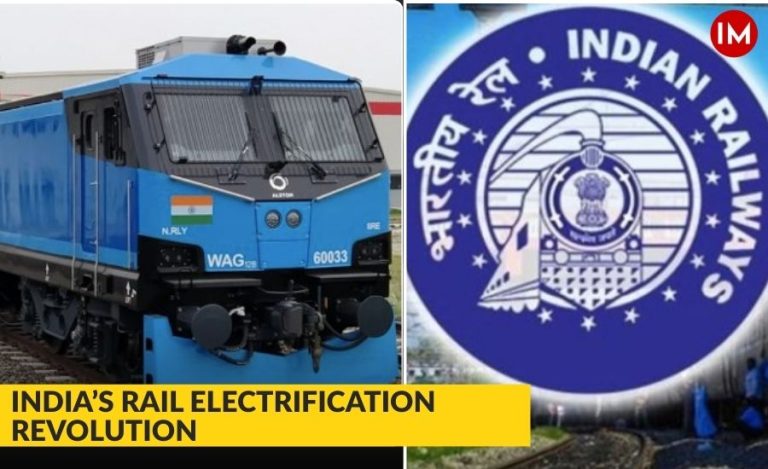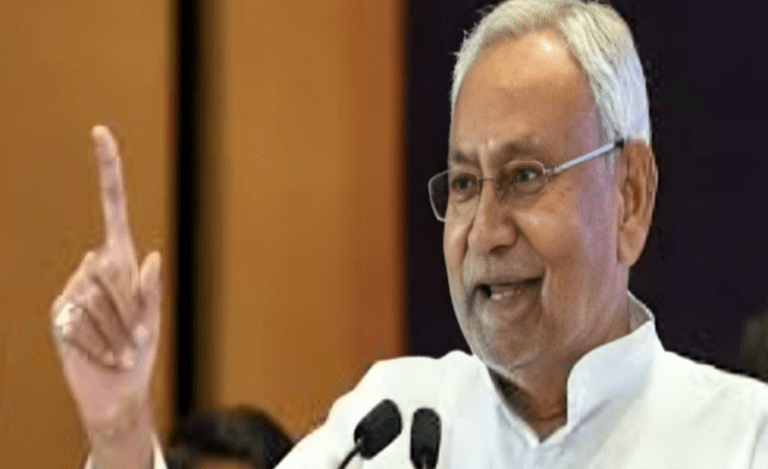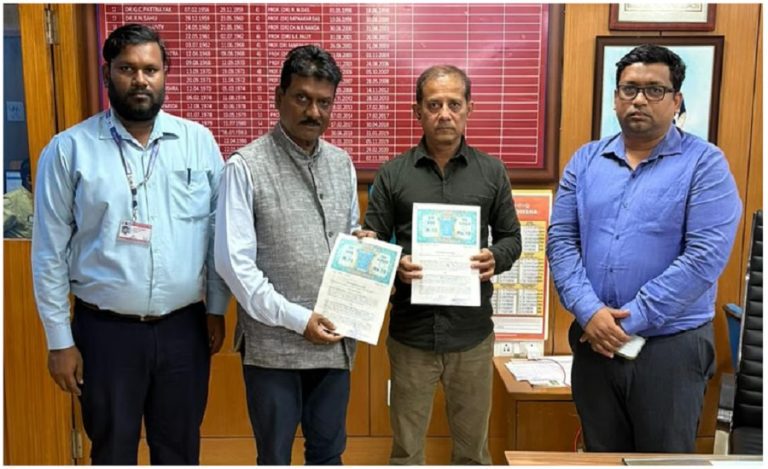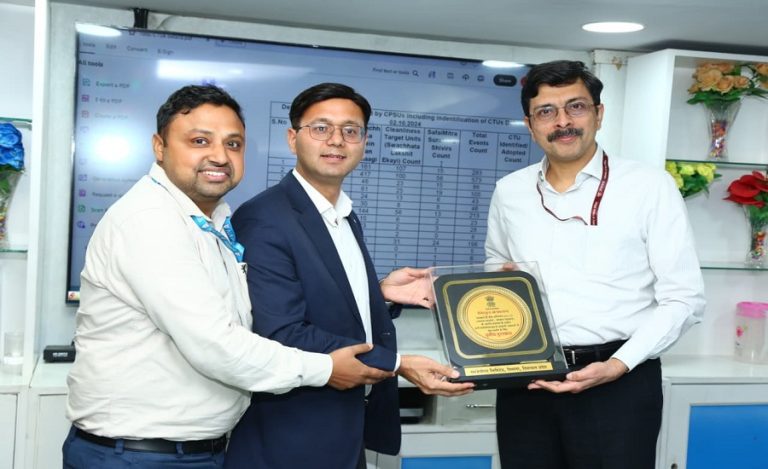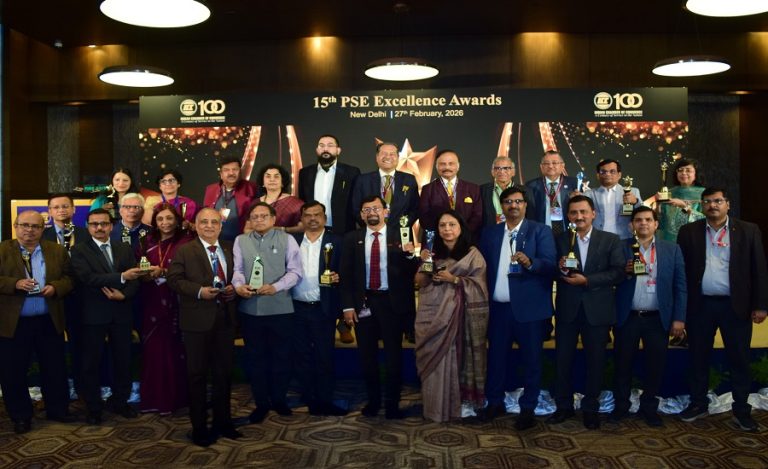In the heartland of Madhya Pradesh, a quiet revolution is underway. At the helm is IAS officer Aditya Singh, the District Collector of Ashoknagar, whose unique blend of empathy, innovation, and grassroots engagement is transforming governance into a tool of empowerment. From uplifting girls in marginalised communities to reviving centuries-old crafts and making public services more accessible, Mr Singh’s initiatives are creating a ripple effect that could redefine how administration is practised across India.
Watch the exclusive video interview with Indian Masterminds here.
REVA SHAKTI
Aditya Singh’s commitment to gender equality first gained attention during his tenure as Collector in Harda district, where the sex ratio was a worrying 894—well below the state average. Instead of launching a conventional awareness campaign, Singh tapped into cultural symbolism to create Reva Shakti, a community-driven initiative named after the Narmada River, revered across the region.
Under this programme, families with one or two daughters receive Keerti Cards, granting them access to concessions at participating schools, coaching centres, and hospitals. The gesture is more than symbolic; it’s a formal recognition of the social and emotional value of raising daughters.
In Harda, over 3,000 families were enrolled. Girls’ achievements were highlighted in local bulletins, and community clubs offered a platform for peer support and celebration. The impact was measurable—in just seven months, the district’s sex ratio at birth improved by 13 points.
Now in Ashoknagar, where the sex ratio is even lower at 889, Mr Singh is scaling up the programme. A newly launched online portal has brought 9,000 families under the Reva Shakti umbrella, enabling self-registration and enhancing accessibility.
REVIVING CHANDERI
Ashoknagar is home to Chanderi, a town steeped in history and renowned for its handloom textiles dating back to Mughal times. But beneath the sheen of its fine sarees lies a struggling industry. Middlemen dominate the supply chain, leaving skilled artisans—especially women—earning less than half the market value for their products.
To disrupt this exploitative model, Singh introduced a digital initiative under the ONDC framework. The platform enables weavers and traders to create profiles, manage inventories, and sell directly to buyers across the country—and even internationally.
More than 900 weavers were surveyed to develop a user-friendly interface. Plans are underway to set up facilitation centres for digitally challenged artisans and provide credit and storage solutions to address supply chain bottlenecks.
From heritage Chanderi sarees to framed designs inspired by Madhya Pradesh’s icons like Ahilyabai Holkar, the initiative isn’t just about preserving a legacy—it’s about building financial independence, especially for women.
GRIEVANCE REDRESSAL SIMPLIFIED
Another transformative initiative under Mr Singh’s leadership is the Single Window Grievance Redressal System. Traditionally, villagers had to walk 8–10 km to reach their panchayat office to file a complaint or seek a service. Now, applications can be submitted at the nearest Anganwadi or primary school, dramatically easing the process.
The results speak volumes: where previously only 250–300 grievances were recorded weekly, the number has surged to 2,000–3,000, showing both increased trust in the system and its growing reach.
A COLLECTOR ON TWO WHEELS: LEADING BY EXAMPLE
What sets Singh apart is not just his ideas but how he lives them. Known for cycling up to 65 km to attend meetings, he champions sustainability through personal example. It’s part of his alignment with the Fit India Movement but also a message—modern governance can reconnect with simplicity and resilience.
IAS officer Aditya Singh’s administrative philosophy is deeply rooted in purpose. His message to young officers is clear: “Stay true to your mission, prioritise societal welfare, and never underestimate the scope for meaningful change.”
Through initiatives that are both systemic and deeply humane, Mr Singh is not merely running a district—he’s reshaping the relationship between government and citizenry, one thoughtful intervention at a time.

